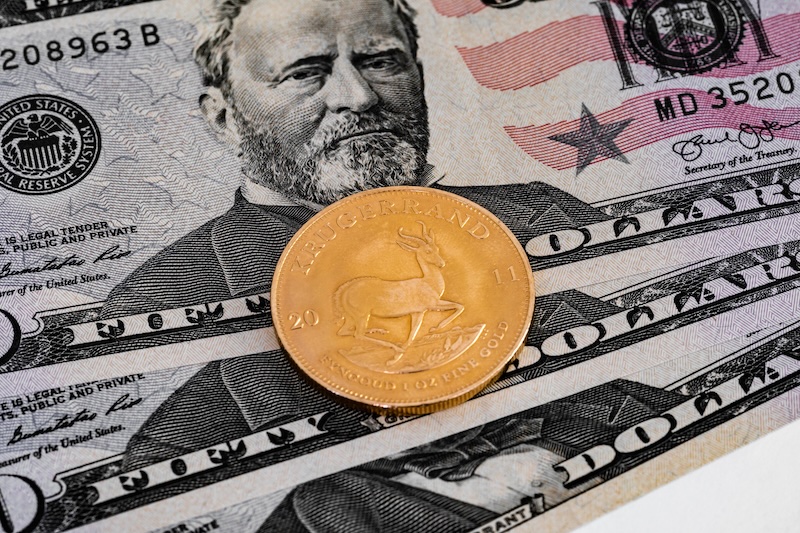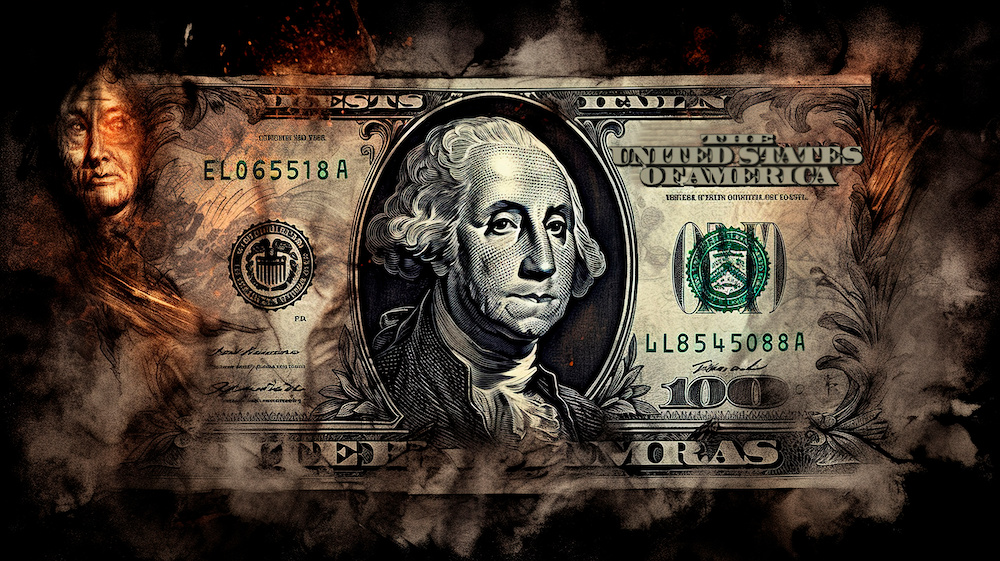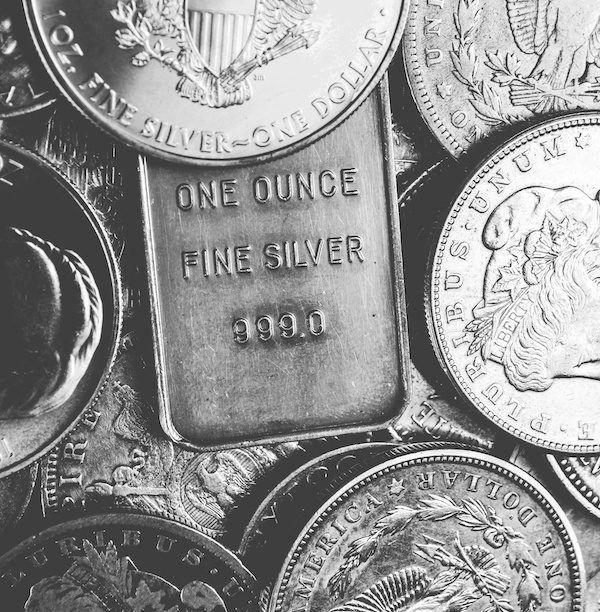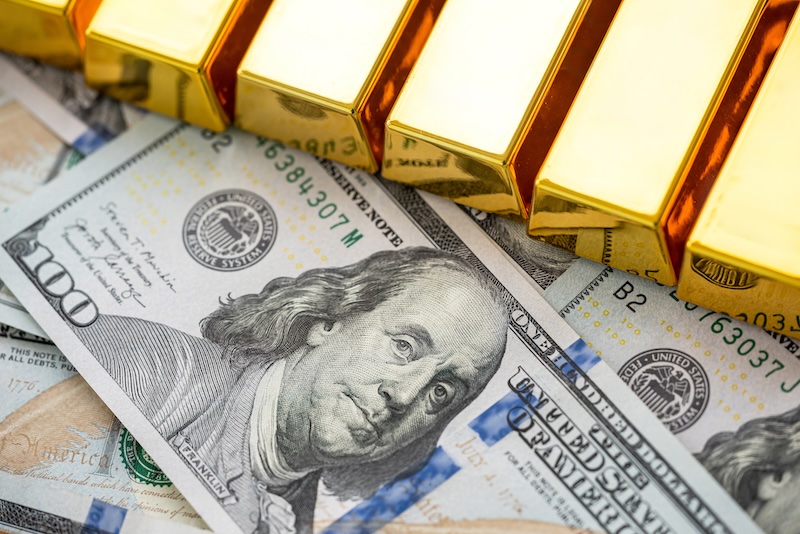Over the past 50 years, since the closing of the gold window in 1971, state lawmakers across the country have been increasingly aware that federal monetary policies have often caused more harm than good. The transition from the gold standard marked the beginning of a purely fiat currency system, granting the federal government and the Federal Reserve greater control over the money supply. Now, state lawmakers in Florida are exploring the return of gold and silver as currency.
While this system was intended to provide flexibility and stimulate economic growth, critics like Ron Paul argue it has led to significant drawbacks.
State lawmakers, recognizing the limitations and potential risks of the fiat currency system, are increasingly advocating for policies that promote alternative monetary solutions.
Various states have already passed legislation recognizing gold and silver as legal tender, a move seen as gaining financial independence from federal control due to distrust of centralized banking systems.
Florida’s exploration of gold and silver as currency aligns with conservative ideologies that favor limited government intervention in the economy and a return to sound money principles.
Precious metals can provide an alternative, non-digital currency option to counter the threat to privacy and financial freedoms posed by Central Bank Digital Currencies (CBDCs).
Florida’s Chief Financial Officer, Jimmy Patronis, has been vocal about the study to assess the feasibility of using gold and silver as legal tender.
States Recognizing Gold and Silver as Money
Several states have recognized gold and silver as legal tender or passed legislation addressing their use and taxation. These measures demonstrate a growing interest in promoting stability and monetary sovereignty from the Federal Reserve.
| State | Year Passed | Name of the Law |
|---|---|---|
| Utah | 2011 | Legal Tender Act |
| Wyoming | 2011 | Legal Tender Act |
| Oklahoma | 2014 | Legal Tender Recognition Act |
| Louisiana | 2014 | Precious Metals Sales Tax Exemption Act |
| South Carolina | 2016 | Bullion Coins Legal Tender Act |
| Texas | 2015 | Texas Bullion Depository and Legal Tender Act |
| Arkansas | 2017 | Gold and Silver Legal Tender and Tax Exemption Act |
| West Virginia | 2019 | Bullion and Coin Sales Tax Exemption Act |
| Arizona | 2017 | Precious Metals Capital Gains Tax Exemption Act |
| Idaho | 2017 | Gold and Silver Legal Tender and Tax Exemption Act |
In 2011, Utah became the first state to pass the Legal Tender Act, officially recognizing gold and silver coins as legal tender and exempting them from state capital gains taxes. Wyoming also passed its Legal Tender Act that same year, allowing gold and silver to be used as legal tender with capital gains tax exemptions.
Other states followed suit with similar initiatives. In 2014, Oklahoma enacted legislation recognizing U.S.-issued gold and silver coins as legal tender and exempting them from taxation. That same year, Louisiana passed a bill exempting sales of precious metals from state sales taxes. South Carolina joined the movement in 2016, adopting legislation to treat bullion coins as legal tender.
Texas has taken an even more proactive approach. In 2015, it recognized gold and silver as legal tender and established the Texas Bullion Depository, a secure facility for residents to store their precious metals. Arkansas followed in 2017 with legislation recognizing gold and silver as legal tender and eliminating sales taxes on related transactions. Similarly, West Virginia passed legislation 2019 to exempt bullion and coins from sales taxes.
Some states have concentrated their efforts on taxation rather than formal recognition of legal tender. For example, in 2017, Arizona passed a bill eliminating state capital gains taxes on the sale of precious metals, although it did not officially recognize them as legal tender. Idaho enacted similar legislation in the same year, defining gold and silver as legal tender and exempting them from capital gains taxes.
These legislative actions vary from state to state, with some focusing on tax relief and others taking the additional step of formally recognizing precious metals as legal tender.
Constitutional Money
Prior to Executive Order 6102 in 1933, gold was the cornerstone of the U.S. economy, where the value of the dollar was directly tied to a fixed quantity of gold.
The framers of the Constitution had experienced the economic instability caused by paper currencies during the Revolutionary War era, particularly with the devaluation of the Continental dollar.
Gold and silver were chosen for their intrinsic value, rarity, and universal acceptance. They provided a stable monetary base that was less prone to inflation since their supply was limited by nature rather than by government decree.
By emphasizing gold and silver, the Constitution aimed to limit the creation of unbacked paper money, which could lead to inflation or economic manipulation by central authorities.
Many of the Founding Fathers held the belief in “sound money”, in line with the classical liberal economic thoughts of the time, which favored hard money over fiat currency.
Returning to a Gold Standard
With the BRICS alliance continuing to push for a gold backed currency unit for international trade, a modern debate has emerged in recent years about the role precious metals can play in contemporary U.S. monetary policy.
Proponents argue that precious metals provide a natural check against inflation, as their supply is limited by mining rather than government money printing.
Supporters contend that fiat money grants Congress too much power to manipulate currency supply, which is a leading cause of inflation. The intrinsic value of gold offers greater transparency and cannot be so easily manipulated.
By recognizing gold and silver as legal tender, exempting them from taxes, and encouraging their use as a store of value, these states aim to provide individuals with tools to safeguard their wealth. These legislative efforts reflect a broader skepticism of centralized monetary policy and a desire to return to sound money principles prioritizing stability, transparency, and financial independence.






